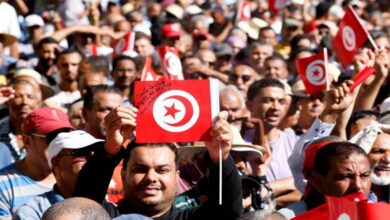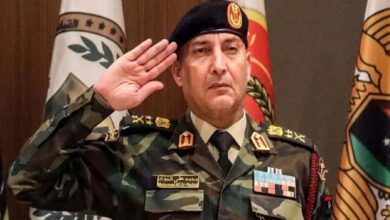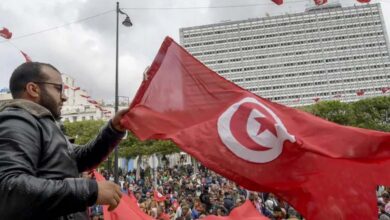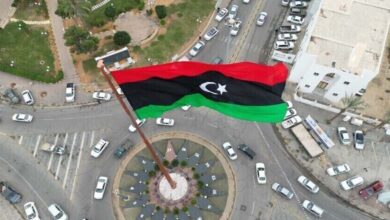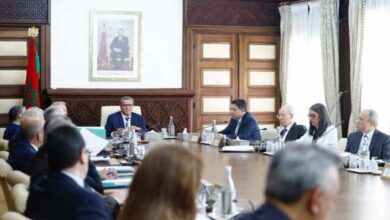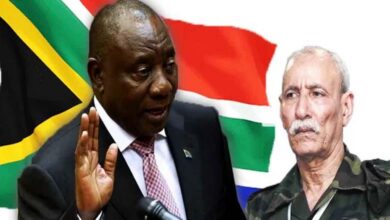Rival Libyan military officers begun discussions on Monday
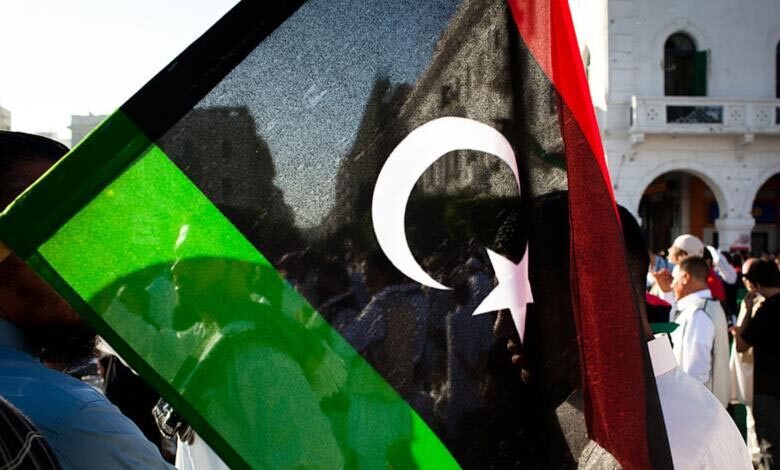
Competing Libyan military officers started discussions on Monday for the first time on home after a ceasefire deal last month, talking about the deal’s achievement.
The UN’s acting envoy to the troubled North African nation, Stephanie Williams said at the end of the first day of talks: A lot of progress was made today, she also said: The courage and determination…between those officers is what is needed from your political class.
The three-day gathering of the joint military commission is holding in Ghadames, which is a desert oasis from 465 kilometers (290 miles) southwest of the capital Tripoli. In fact, the isolated area, near to borders of Libya with Algeria and Tunisia, is far from the power bases of either party. The military commission had been named 5+5, since it is composed of five officers from each camp.
Williams also added: It’s not the 5+5 now; it’s the Committee of Ten. It’s truly a joint Libyan committee.
The meeting came after the deal of October 23 when the two warring parties signed a permanent ceasefire deal aimed to establish a political solution to the big conflict in the country. Williams reported on Monday that a determination to implement the ceasefire agreement was present at the table.
It should be noted that Libya that possess largest proven crude oil reserves in Africa, suffered from a conflict for nearly a decade, since the overthrow and killing of dictator Muammar Gaddafi in a NATO-backed revolution in 2011. It has since been controlled by armed groups and divided between two bitterly-opposed administrations: Government of National Accord (GNA) based in the capital Tripoli, and a competing administration in the east supported by military strongman Khalifa Haftar.
Therefore, the discussions are part of prolonged efforts to make peace. Haftar, supported by Egypt, Russia, and the United Arab Emirates, launched an aggressive on Tripoli in April 2019; however, he failed in June by the GNA with military support from Turkey.
Warring parties turned to the negotiating table in September in UN-supported discussions, with negotiations held in Morocco, Egypt and Switzerland. It expected that the political leaders could hold face-to-face talks in Tunisia on November 9.






